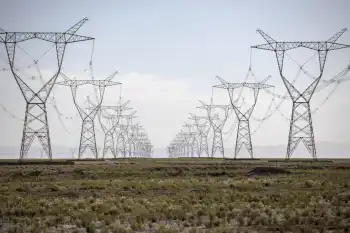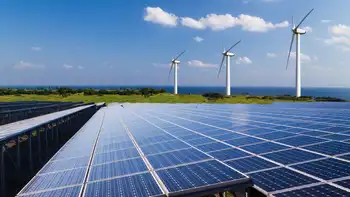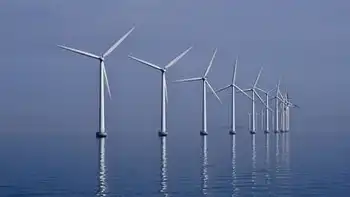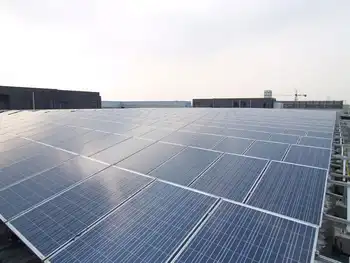Renters are wary of meters
By Toronto Star
Substation Relay Protection Training
Our customized live online or in‑person group training can be delivered to your staff at your location.

- Live Online
- 12 hours Instructor-led
- Group Training Available
But he's worried renters with modest and low incomes may end up paying dearly because provincial conservation policies – like installing so-called "smart meters" to encourage people to shift their electricity use to off-peak hours – don't protect the poor.
Although the smart-meter policy is not yet mandatory, Kim's landlord at 5 Capri Rd. is already installing the devices and asking tenants to voluntarily switch in exchange for rent reductions.
"The move to off-load electricity costs to tenants is causing confusion and fear," said Councillor Frances Nunziata (Ward 11 – York South Weston) who has asked the city's tenant defence subcommittee to debate the issue at its meeting today. "We need to make sure the province brings in some oversight to ensure rent reductions are calculated fairly and that tenants know their rights," she said.
Like almost 90 per cent of tenants in highrise apartments, Kim's utility costs are included in his rent.
But Kim's landlord and many others in Ontario are installing smart sub-meters ahead of a yet-to-be-proclaimed section of the Residential Tenancies Act that will allow landlords to unilaterally make tenants pay directly for their power. If they get tenants to voluntarily agree to pay now, they won't be subject to requirements to first complete energy upgrades and monitor electrical use in each unit for at least a year to calculate rent rebates before they make the switch.
Smart meters, which measure how much electricity households use and when they use it, will allow tenants to save money by turning off lights and avoiding use of energy-sucking appliances like air conditioners during peak hours when prices are higher, landlords say.
But Kim, whose fridge and stove are at least 10 years old, worries the $53.23 rebate offered on his rent of $1,197.62 won't cover his costs. He's also concerned that his fellow tenants are feeling pressured to participate in the voluntary program.
"This is a cultural mosaic with many immigrants," said Kim, a 65-year-old pensioner. "Many are afraid that if they don't sign up, their electricity will be cut off."
Some tenants are unwittingly signing leases that allow landlords to remove electricity costs from the rent at any time, notes a city report.
In one case, a North York tenant received a rent rebate of $75. But her first electricity bill included a $200 security deposit, a $20 new connection fee and a $163 charge for hydro – more than twice the amount of her rent reduction for electricity alone, the report said.
Peter Mills, chief operating officer for Stratacon Inc., the utility management company installing smart meters in Kim's building, says tenants save an average of 33 per cent on their energy bill with the switch.
"The energy savings created from sub-metering are enormous," Mills said. "We have an energy crisis in this province. All tenants want the ability to participate in generating (energy) savings for the province. Sub-metering is really an education tool to allow them to do that."
But Mary Todorow, a policy analyst for the Advocacy Centre for Tenants Ontario, is concerned that smart metering in highrises will reduce the incentive for landlords to save energy and increase the financial burden on low-income tenants.
"We're all for conservation," she said. "We just don't want it to be on the backs of those who are least able to pay."
Instead of smart meters for apartment units, the advocacy centre wants the province to promote energy efficiency and conservation.
Ontario's chief energy conservation officer, Peter Love, believes smart meters are key to solving the energy crunch. But "more thinking needs to be done" on smart sub-meters in apartment buildings and that is why the province hasn't made it mandatory yet, he said.
In his annual report last fall, Love encouraged the province to consider a conservation program geared to low-income residents.











